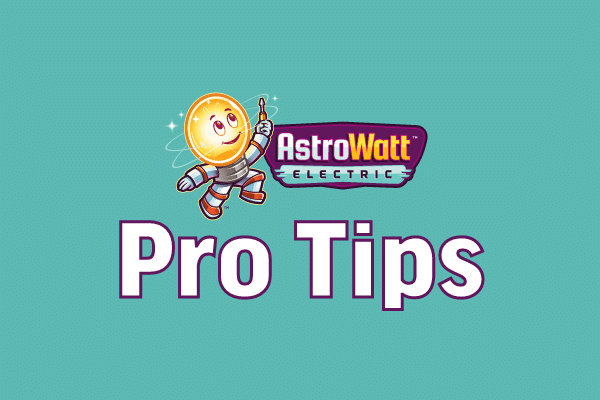
As the automotive industry continues to make strides towards a greener future, electric vehicles (EVs) are gaining popularity at an unprecedented rate. However, the convenience of owning an electric vehicle hinges on access to reliable and efficient charging infrastructure. One crucial aspect of this infrastructure is the installation of EV chargers, a process that involves various considerations and costs. In this blog, we delve into the key factors that determine how much it costs to install an EV charger, providing insights into the financial aspects of embracing the electric revolution.
Installing an EV charger involves a combination of factors, and costs can vary widely. On average, basic installations may start from $500, but complexities can drive the cost upwards of $2000 or more.
Understanding the Cost Dynamics
Installing an EV charger involves several cost considerations that extend beyond the initial investment. We break down these costs to ensure a transparent understanding:
1. Equipment Costs
The heart of any EV charging setup lies in the equipment. High-quality charging stations, such as those offered by reputable brands, ensure longevity and optimal performance. Our recommended charging station brands include Tesla, ChargePoint, and ClipperCreek.
2. Installation Costs
A critical aspect often overlooked is the installation process. Factors like electrical panel upgrades, trenching for conduit, and local permit fees contribute to the overall installation cost. It’s imperative to obtain detailed quotes from certified electricians to avoid any surprises.
- Material Costs. Breakdown of material costs, including the charger unit, mounting equipment, and necessary wiring. Understanding these components aids in estimating the overall expense.
- Labor Charges. Skilled electricians play a crucial role in the installation process. Labor charges vary based on the complexity of the installation and local labor rates.
- Charger Unit Cost. Different charger models come with varying price tags. Exploring available options helps in finding a balance between quality and cost.
Step-by-Step Installation Guide
Step 1: Assessing Electrical Capacity
Before diving into the installation process, evaluating your home’s electrical capacity is crucial. A certified electrician can assess whether your current electrical system can support the added load or if upgrades are necessary.
Step 2: Choosing the Right Location
Selecting an optimal location for your EV charger is pivotal. Factors such as proximity to the electrical panel, ease of access, and protection from the elements should influence your decision.
Step 3: Installation Process
The installation process involves mounting the charging station, connecting it to the electrical panel, and configuring any additional features. Professional installation ensures compliance with local codes and standards.
Ongoing Maintenance and Optimization
Regular Inspections
Periodic inspections of your EV charging setup are essential to identify any potential issues. Certified electricians can perform these inspections, ensuring the system’s longevity.
Software Updates
Keeping the charging station’s software up to date is crucial for optimal performance. Ensure to routinely verify and install firmware updates supplied by the manufacturer.
Installing an EV charger at home is an investment in the future of sustainable transportation. By following this comprehensive guide, you ensure a smooth installation process and long-term reliability. For personalized advice, consult with certified electricians and reputable charging station manufacturers.
FAQs About EV Charger Installation
Can I install an EV charger myself?
Installing an EV charger is a complex process that requires electrical expertise. It’s advisable to hire a licensed electrician to ensure safety and compliance with local regulations.
Does weather impact installation costs?
Extreme weather conditions can affect installation complexity. Harsh climates may necessitate additional measures, impacting overall costs.
What is the typical lifespan of an installed EV charger?
Most EV chargers have a lifespan of 10 to 20 years. Regular maintenance can extend their longevity.
Can I use an existing electrical outlet for EV charging?
While possible for Level 1 chargers, it’s recommended to install a dedicated outlet for optimal safety and charging efficiency.
Do EV charger installations come with warranties?
Yes, reputable charger manufacturers often provide warranties. Understanding the warranty terms is crucial for long-term satisfaction.
Reliable EV Charger Installation Provider in Apex, North Carolina
Ready to make the switch to electric and enhance your charging experience? Take the first step towards a sustainable future by scheduling an appointment with AstroWatt Electric today. Our team of experts is here to guide you through the seamless installation of your EV charger, ensuring a hassle-free process. Don’t miss out on the convenience and eco-friendly benefits of electric vehicles – call AstroWatt Electric at (984) 600-0100 now and let us power up your journey towards a greener tomorrow!


